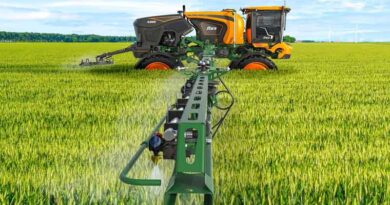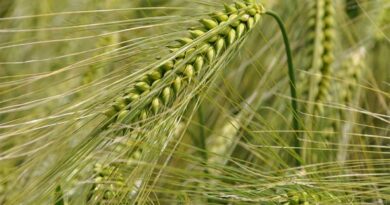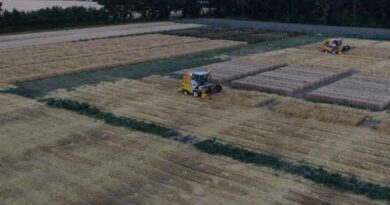Plant breeding must adapt to climate change, finds study
02 December 2022, China: Breeding is a vital part of the global agrifood system, enabling scientists to adapt crops to developing environmental factors, support improved crop management, and inform policy interventions on global food production. The challenge to crop breeding increases every year, as farmers experience more of the effects of climate change, while the population and food demand continue to rise.
Research by the International Maize and Wheat Improvement Center (CIMMYT) has determined that climate change is affecting the objectives, efficiency, and genetic gains of current plant breeding, causing limitations to the breeding approach of the next generation.
The study found that climate change necessitates a faster breeding cycle and must drive changes in breeding objectives by putting climate resilience as the top priority.
“The risk of multiple crop failure due to climate change is very real. Breeding must become more deterministic in terms of adaption if we are to avert food price-hikes, hunger, and social unrest,” said Matthew Reynolds, Distinguished Scientist and Head of Wheat Physiology at CIMMYT.
Challenges in developing climate-ready crops originate from the paradox between urgent breeding requirements prompted by climate change and the limited understanding of how different genotypes interact with the climates. Integrating multiple disciplines and technologies including genotyping, phenotyping, and envirotyping can contribute to the development and delivery of climate-adapted crops in a shorter timeframe.
Also Read: Best Agrolife launches Two Indigenously Manufactured CTPR Products
(For Latest Agriculture News & Updates, follow Krishak Jagat on Google News)















